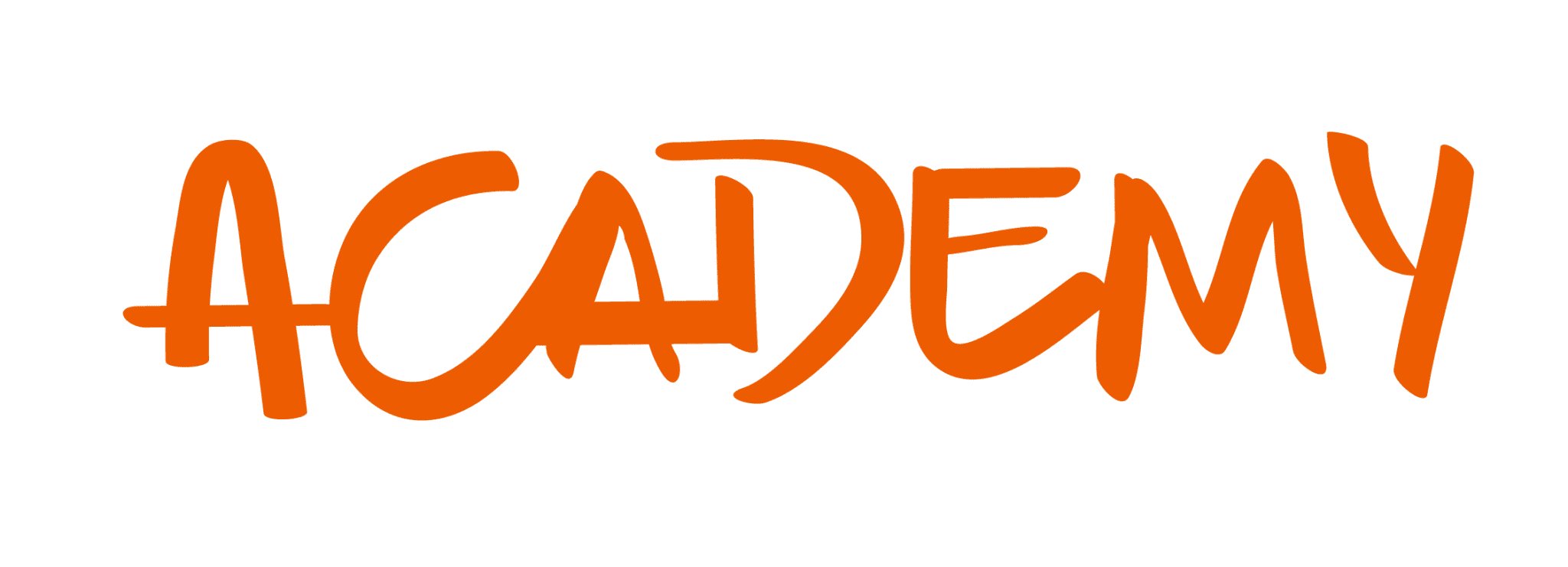The rise of the “consulting as a service” (CaaS) model
The consulting industry is evolving with the growing adoption of the “Consulting as a Service” (CaaS) model. This approach allows companies to hire specialized consultants only when needed, without long-term commitments. Its flexibility and efficiency have created new opportunities for independent consultants while presenting both challenges and advantages for traditional consulting firms.
Comparison between traditional and on-demand models
The CaaS model has gained popularity for several reasons. Its flexibility enables companies to optimize costs by avoiding annual contracts and accessing specialized talent only when required. Additionally, the speed with which consultants can be found through digital platforms has made hiring more agile and efficient. This also allows companies to select experts with specific skills to solve particular problems rather than relying on broader solution packages.
However, the traditional consulting model continues to offer significant advantages. Long-term contracts provide businesses with clear financial planning and ensure a strong trust-based relationship with their consulting partners. Moreover, firms engaged in extended agreements can develop a deeper understanding of an organization and provide comprehensive strategies with a long-term vision. While CaaS is ideal for immediate needs, the traditional model ensures continuity and ongoing strategic support.
Challenges and opportunities for traditional consulting firms
Traditional consulting firms are operating in a landscape where companies increasingly value service flexibility. While the decline in long-term contracts may lead to less predictable financial planning, this does not necessarily mean a disadvantage. Instead, it represents an opportunity to rethink business models and offer alternatives better suited to modern market demands. The possibility of developing hybrid models that integrate strategic consulting with on-demand services opens up new opportunities to strengthen a consulting firm’s value proposition.
To remain competitive, traditional firms can diversify their services through modular packages, allowing clients to access customized solutions without committing to extensive contracts. At the same time, maintaining a client retention strategy based on trust and in-depth knowledge remains a key advantage of the traditional model. Additionally, strengthening digital presence through well-defined marketing strategies will help improve client acquisition and retention, ensuring visibility in an increasingly competitive environment.
Success stories: Startups and flexible consulting
Startups have been pioneers in adopting the on-demand consulting model. Rather than committing to lengthy contracts, these companies prefer to hire consultants to address specific challenges. For example, a growing startup may need pricing strategy advice for two weeks instead of signing a six-month contract. This approach allows them to remain agile and adjust their strategies as their business evolves without incurring unnecessary costs.
Meanwhile, more established companies have also found value in combining both models. Some large corporations maintain long-term contracts with strategic consulting firms to ensure continuous direction, while also turning to on-demand consultants for specific projects that require specialized expertise. This integration enables them to leverage the best aspects of each model without compromising financial stability or adaptability.
The future of consulting: Balancing stability and flexibility
The consulting industry is at a turning point where flexibility and stability can coexist. While the CaaS model offers speed and efficiency, the traditional model remains essential for companies seeking a long-term strategy with continuous support. The key for consulting firms will be to find a balance between both approaches, adapting to each client’s needs without losing their unique value proposition.
Consulting firms that adjust their offerings and leverage technology to enhance service delivery will be better positioned in an ever-evolving market. Rather than a competition between models, the future points toward an integration of both consulting approaches, offering tailored options for different types of businesses and situations.














